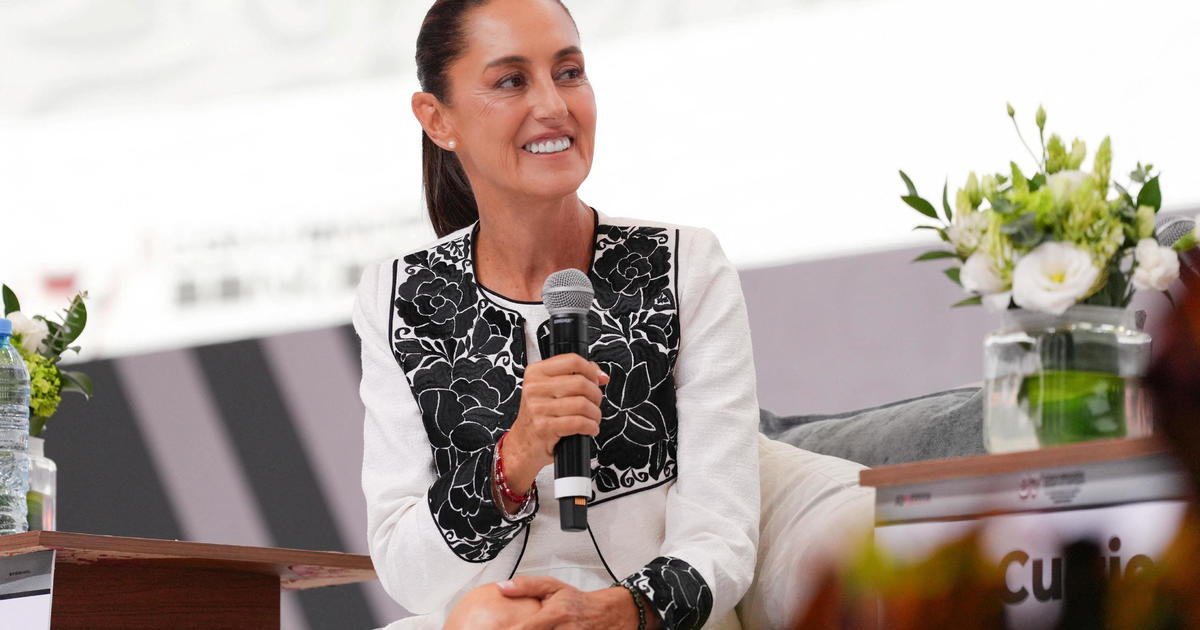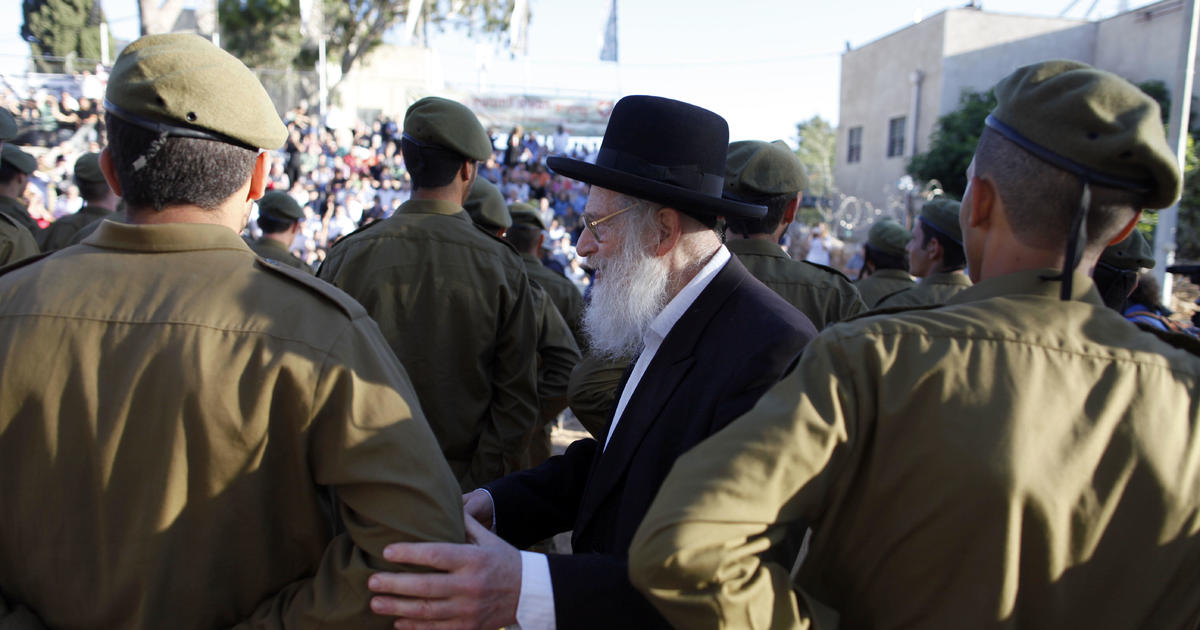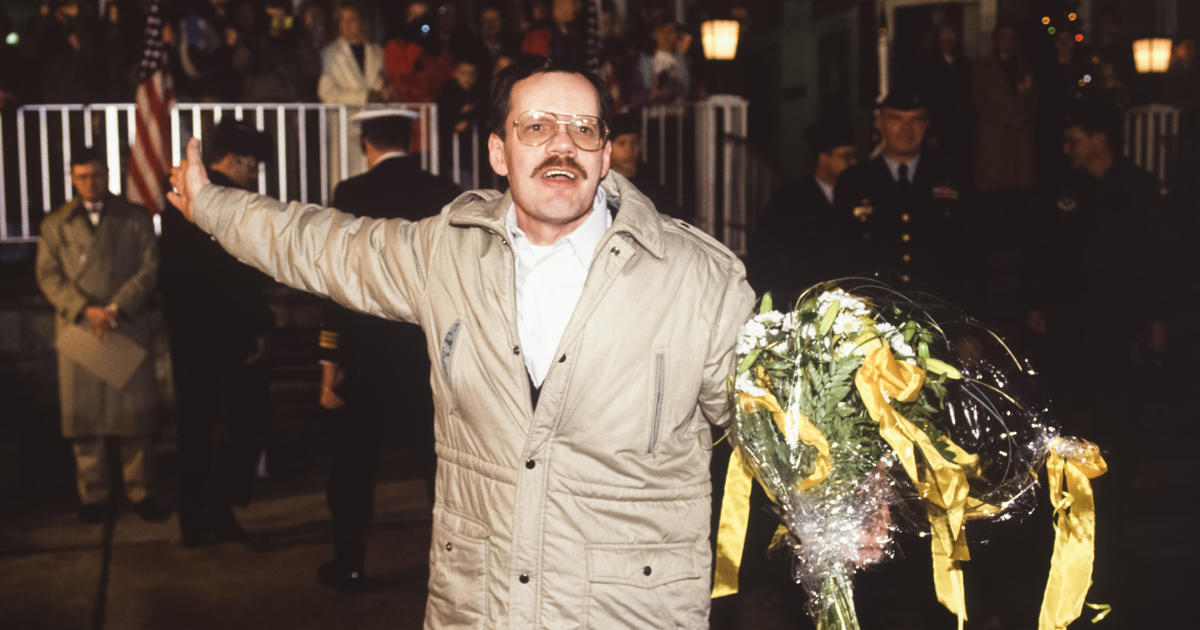Iraqi Insurgents Shoot It Out With Troops
Iraqi and American forces fought Sunni insurgents in an hours-long street battle Saturday in the increasingly violent city of Baqouba, as residents fled indoors under the rattle of automatic weapons fire and the blasts of rocket-propelled grenades.
City police said at least 18 people were killed and 19 wounded.
Nationwide, police and morgue officials said the death toll was 53, including those killed in Baqouba.
The city was chaotic following the fighting, and Baqouba's police media office said it was not known how many of the dead were Sunni insurgent fighters. The Americans reported no dead or wounded among U.S. forces.
Violence in Baquoba, 35 miles northeast of Baghdad, has skyrocketed in recent weeks, particularly after a major battle between Sunnis and Shiites in the nearby city of Balad last month. Scores of civilians in Baqouba have been killed in the violence in the past two weeks alone.
Elsewhere, coalition forces raided a Shiite militia stronghold in Baghdad searching for dozens of Iraqi hostages and combed through a rural area in southern Iraq where four American security contractors and an Austrian were kidnapped. Both efforts appeared to come up empty-handed.
Iraqi soldiers backed by U.S. helicopters swept through the Sadr City section of the capital after intelligence indicated that an armed group was holding some of the scores of Iraqis who were snatched from a Higher Education Ministry office building in Baghdad on Tuesday, the military said.
The Americans said the raid was conducted to rescue captives and disrupt kidnapping and insurgent cells. Asked if any hostages had been found, the military would only say: "No individuals were killed, injured or detained."
Iraqi police said the raid began at 2:30 a.m., swept through two sections of Sadr City and wounded three Iraqi civilians.
On Tuesday, gunmen dressed in Interior Ministry commando uniforms abducted about 150 men from the central Baghdad office that handles academic grants and exchanges. The men were handcuffed and driven away in about 20 pickup trucks. About half were released on Tuesday night and Wednesday, a government minister said.
A Sunni who said he was among the hostages freed claimed the kidnappers broke his arm. He said he saw them kill at least three hostages after taking them to empty houses in the Sadr City Shiite slum.
The mass kidnapping was widely believed to have been the work of the Mahdi Army, the heavily armed militia of the anti-American Shiite cleric Muqtada al-Sadr.
The kidnapping has raised questions about Prime Minister Nouri al-Maliki's commitment to wiping out the militias of his prime political backers: the Supreme Council for the Islamic Revolution in Iraq and al-Sadr's Sadrist Movement.
All of this has reinforced the conviction among ordinary Iraqis that Prime Minister Nuri al Maliki and his Shiite-dominated government are weak — and growing weaker, reports CBS News correspondent Elizabeth Palmer.
"The entire government is doing nothing," said one Iraqi man. "We need a tough non-sectarian leader to disband the militias."Read Elizabeth Palmer's story on the call to return former Iraqi Prime Minister Iyad Allawi to power.
Iraqis everywhere say the former prime minister, Iyad Allawi, must come back.
In other developments:
Sadr City has long been a Shiite militia stronghold.
A rogue cell from the Mahdi Army militia also is suspected of having captured an Iraqi-American soldier last month. Ahmed Qusai al-Taayie, a 41-year-old reserve soldier from Ann Arbor, Michigan, was visiting his Iraqi wife in Baghdad on Oct. 23 when gunmen handcuffed him and took him away.
Secretary of State Condoleezza Rice on Saturday reiterated Washington's determination to support the "small seeds" of Iraqi democracy, but she said that success depends on the government and people of Iraq themselves.
It is up to Iraqis to "face up to their differences and realize that they only have one future, and that's a future together," Rice said at the Asia-Pacific summit in Vietnam. "They don't have a future if they try and stay apart."
In western Baghdad, gunmen killed a senior official with the largest Shiite political group along with his wife, the latest member of the Supreme Council for the Islamic Revolution in Iraq, to die in an attack.
In southern Iraq, coalition forces searched on Saturday for five security guards — four Americans and an Austrian — who have been missing since Thursday when a large convoy of trucks escorted by the Crescent Security Group was hijacked on a highway near Safwan, a largely Sunni Arab city of 200,000 people on the Kuwait border.
Convoys are heavily armed, but not heavily enough. They can be several dozen vehicles long and are often attacked in the middle, their weakest point, reports CBS News correspondent Elizabeth Palmer.
Suspected militiamen dressed in Iraqi police uniforms ambushed the convoy, taking 19 of its trucks and 14 hostages: the five security guards and nine foreign truck drivers who were later released.
Coalition forces and Iraqi officials in Basra reported no breakthrough in the case on Saturday.
Officials at Crescent Security Group Inc. refused to comment about the five hostages Saturday, but the company issued a statement on its Web site saying they remain unaccounted for.
Islamic Companies, a previously unknown group, claimed responsibility for the kidnapping, according to an Iranian-run Arabic-language satellite news station. It said the group released a videotaped message saying it was holding the five men and demanded the withdrawal of U.S. forces from Iraq and the release of all prisoners being held there.
Also Saturday, Britain's Treasury chief Gordon Brown, who is expected to replace Prime Minister Tony Blair as Britain's leader next year, made an unannounced visit to Iraq to meet with Iraqi officials and British soldiers.
In an interview with Al-Jazeera TV Friday, Blair said the Iraq war has been difficult, but that British forces will remain in Iraq to fight the country's insurgents and militias as long as Iraq's government wants them to.
Those comments were echoed by Brown on Saturday.
"We are committed to supporting the Iraqis in building a democratic nation which brings security and prosperity to its people and plays a full part in the region and the world economy."
Britain has about 7,200 troops in southern Iraq, mostly stationed in and around Basra. Since the Iraq war began on March 20, 2003, 125 British service members have died, 95 of them in military action.
Brown also was using the trip to announce $190 million in increased reconstruction aid to Iraq from Britain over the next three years.



